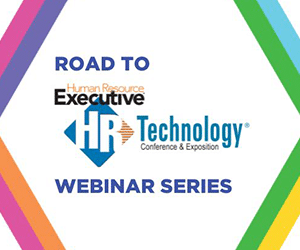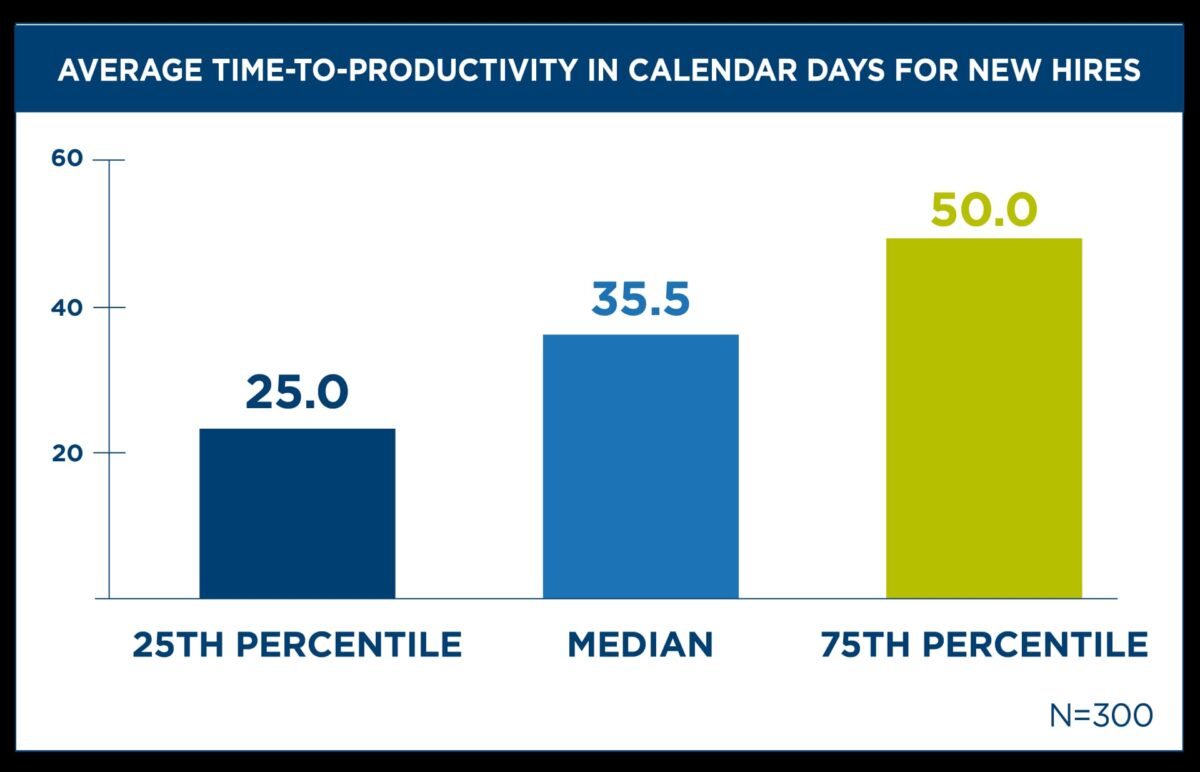Pride Month saw employers of all kinds showing their support for LGBTQ+ communities with events, social media streams, flags and banners.
But not every campaign in support of the diversity and inclusion agenda has been met with support, either from organisations’ employees or their customers. The idea of ‘woke’ activities is becoming ever-more controversial and divisive. Employers don’t get away with assuming everyone is going to be on-board with a new D&I initiative — and maybe more importantly, that anyone opposed to a campaign can safely be written off as an unwanted, undesirable element. After all, what does diversity and inclusion really mean if a policy involves shutting down and dismissing contrary views?
Budweiser recently found it was alienating a section of its traditional audience by running a promotional campaign based around a transgender TikTok celebrity; Innocent drinks was the target for streams of criticism for its work with trans charity Mermaids; while Oxfam saw a backlash from a Pride video which was accused of portraying radical feminists as “evil old witches”. The RAF’s attempts to improve levels of diversity in pilot recruitment have led to payouts to white men found to have been excluded and “unfairly disadvantaged”. In the US, a high profile senator has even gone on record to say that ‘woke’ corporate activism is an attack on the average American worker. ‘Go woke, go broke’ says the new campaign among US conservatives.
At the recent CIPD Festival of Work, Danny Mortimer, chief executive of NHS Employers argued that organisations shouldn’t be worried about being called ‘woke’ in a negative sense. There is a bigger issue involved, he said, of how employers are simply trying to treat workers better and make the workplace a good place to be for everyone. The good intentions are obviously there — but that doesn’t mean employers can afford to ignore the realities of how there are always going to be different perspectives rooted in different experiences and backgrounds.
D&I, most importantly, is about allowing people to be themselves, all of themselves; that it’s okay for people to be different. Unfortunately, rather than encouraging workplace cultures that celebrate difference — that accept there are going to be different personalities with different views — the reality is that approaches to D&I are sometimes doing the opposite. Corporate activism around woke issues is anything but inclusive if there’s no allowance for different views and perspectives, if giving more rights to minority groups reduces the freedoms of the majority. D&I teams need to be clear on whether new policies and campaigns brought in to support some groups are having adverse effects on others.
Rather than fixing quotas for recruitment, for example, there’s a need for education and awareness that leads to understanding and acceptance. In other words, a successful and mature approach to D&I means openness, conversations and trust. If organisations don’t think this will work for them, then they need to be asking themselves serious questions about why that is. Otherwise there is only going to be the growing risk of more divisive cultures, where people feel sidelined and excluded from the new ‘woke’; new groups of employees feeling themselves to be the ones being discriminated against, and the cycle just goes on. Understanding and kindness need to be the priority, not one particular set of messages about discrimination.
Moving forward, HR and management need to be thinking about the foundations needed for a genuine culture of D&I. An essential factor is psychological safety, the “shared belief held by members of a team that the team is safe for interpersonal risk-taking. It describes a team climate characterised by interpersonal trust and mutual respect in which people are comfortable being themselves. There is a sense of confidence that the team will not embarrass, reject or punish someone for speaking up”. One of the keys to psychological safety is that people feel comfortable voicing their opinions and do not fear being judged. Help teams develop a safe environment by creating a few ground rules on how they interact with one another. These could be as simple as: showing empathy and allowing for diverse perspectives, welcoming all ideas equally, as well as encouraging the use of ‘situational awareness’ to decide when is the right time to challenge and self-awareness to understand whether it is safe to speak up. For staff to feel a sense of psychological safety there’s a need for curiosity (rather than assumptions), an open mindset, and for there to be role models in an organisation willing to be open to alternative opinions and acknowledge mistakes.
D&I might look simple, full of examples of progressive attitudes — but HR must make sure its approach first of all deals with fundamental issues of culture, and not load the workplace with new reasons for feeling disengaged.







